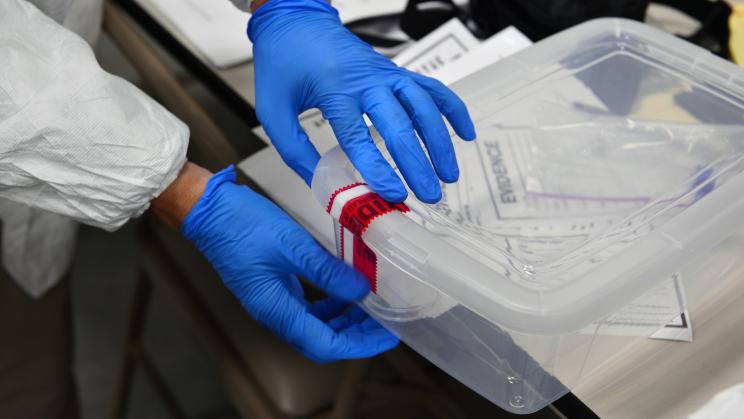
New publication from the EU Non-Proliferation Consortium on the potential benefits of considering a broader approach to nuclear forensics as a discipline and the European contribution to this.
Nuclear forensic science is normally seen as a discipline pertinent to nuclear security and intended to support investigations of illicit trafficking or nuclear terrorism cases. This paper argues that this view, while certainly correct in most cases, may be worth revisiting at a time when the process of the Nuclear Security Summits is over, and when the political support for nuclear security may diminish in the future in at least some key states.
A key point is that a consolidation of various capacities pertinent to nuclear forensics—or of nuclear material analysis for security purposes—would cut costs and provide new and possibly unexpected synergies between different applications.
According to the paper, an argument can be made that nuclear forensics would benefit from taking stock of its roots and considering an improved awareness of and collaboration with other frameworks, such as verification of non-proliferation and disarmament treaties.
The paper begins by examining the historical background of the threat of nuclear smuggling, before looking at the current work of the Nuclear Forensics International Technical Working Group (ITWG) and the European contribution, finally looking at the potential for expanding nuclear forensic capabilities.
Read the publication here.
Read more about the EU Non-proliferation Consortium here.